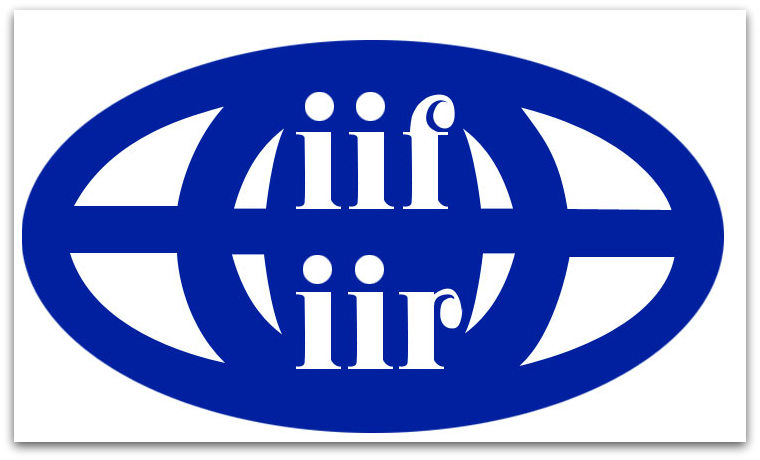Rating policy of the editors
Rating policy of the editors
Objectivity of scientific knowledge can be achieved only under the condition of global communication between scientists. A scientific journal, as a means of such communication, has been serving this purpose for several centuries. By now, it has become the main tool for collecting, storing and distributing scientific knowledge, also securing the priority and continuity of scientific research.
Today there are about 150,000 scientific journals in the world, so a journal can perform its communicative functions only if the information about it is widely available. Such availability is provided by indexation of journals – including them into scientific citation indices (SCI). SCI is a specialized database available online. Full bibliographic information on publications, abstracts and lists of references is collected and processed in this database. There are national indices – such as the Russian Science Citation Index (RSCI, Vestnik Mezhdunarodnoj akademii holodais included in it), Chinese Science Citation Index, etc. – and international indices, such as Web of Science (Thomson company) or Scopus (Elsevier company). SCI provide access to thematic information on published researches and their retrospectives (references to cited and citing publications) as well as the data of research entities (authors and organizations). It allows a SCI user to make an effective and comprehensive bibliographic search for publications within the area of his or her interest and also obtain rating data (integrated publication and citation rates, so called impact factors, throughout the hierarchy of the social institution of science). Such statistics facilitates unprejudiced assessment of scientific work performed by individual or corporate researchers. It is used, for example, to calculate the research and publication activity rating of Russian universities prepared by the Higher School of Economics and RIA Novosti following a request from the Civic Chamber of the Russian Federation. It was not by accident that the Presidium of the Higher Attestation Commission (VAK) by its resolution of March 7, 2008 introduced a system of requirements (criteria of selection) for the list of editions recommended for publishing results from the PhD and Senior Doctorate dissertation works (VAK List). According to these requirements, the journal must be listed with the RSCI.
When a periodical appears on the VAK List it naturally becomes much more attractive to those seeking higher academic degrees. In addition to numerous necessary requirements, the VAK List also formulates one sufficient condition: “Inclusion of current issues of a scientific periodical or its translated version in a foreign language in at least one of the citation systems: Web of Science, Scopus, Web of Knowledge, Astrophysics, PubMed, Mathematics, Chemical Abstracts, Springer, or Agris». Registration with an international citation index means that the data of a periodical or an organization will be integrated not just into the national but the worldwide information infrastructure. Accordingly, a global targeted search by topics and positioning the level of research will be available both for an author and for the journal. Considering all this, the Editorial Board of Vestnik Mezhdunarodnoj akademii holodastarted taking steps towards enrolment with the largest scientific citation index Scopus. A wider scope of possibilities in reference search and analysis (the Scopus database comprises over 36 million entries, with the annual increase by 2 million records, and more than 17,000 periodicals) makes higher demands of the journal as a whole (international panel of authors and editors, contents and website in English, etc.) and of its separate articles.











